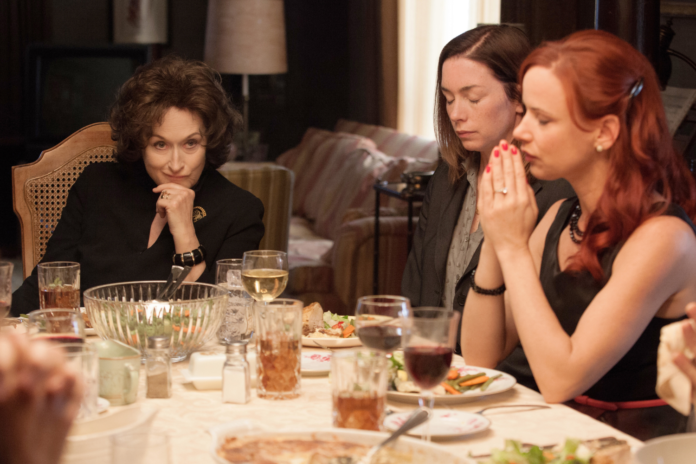In an article for Writer’s Digest, Sierra Godfrey offers advice for writing complicated family dynamics. “Consider the closest people in your world and the potential they have to hurt or love you, and you have kindling for an emotional fire,” she says. “It just takes one spark to set it off.” Godfrey’s advice includes:
- Offset the darkness with humor. “If you have a scene in which two family members confront each other, having one of them say something hilarious—intentionally or not—lightens the mood for reader and character alike,” Godfrey says. “It helps move your character out of the dark, painful place of emotions.”
- Let your characters be imperfect. “No one is perfect,” Godfrey writes. “Often, we don’t know the right way to react to stressful situations. Sometimes we snap and make the wrong decision.” Use your characters’ goals and imperfections to create conflict and growth.
- Let your characters grow. “There’s always room to change and grow no matter how many years have passed,” Godfrey writes. “If characters can’t forgive each another, or can’t accept the forgiveness of the other person, that’s okay too—but work that into the story.”
- Have empathy. Even your most difficult characters deserve empathy. “Identifying a character’s pain allows you to write forgiveness for them,” Godfrey says. “Even if the character is vile, they had to get that way somehow—and it probably wasn’t their fault.”












